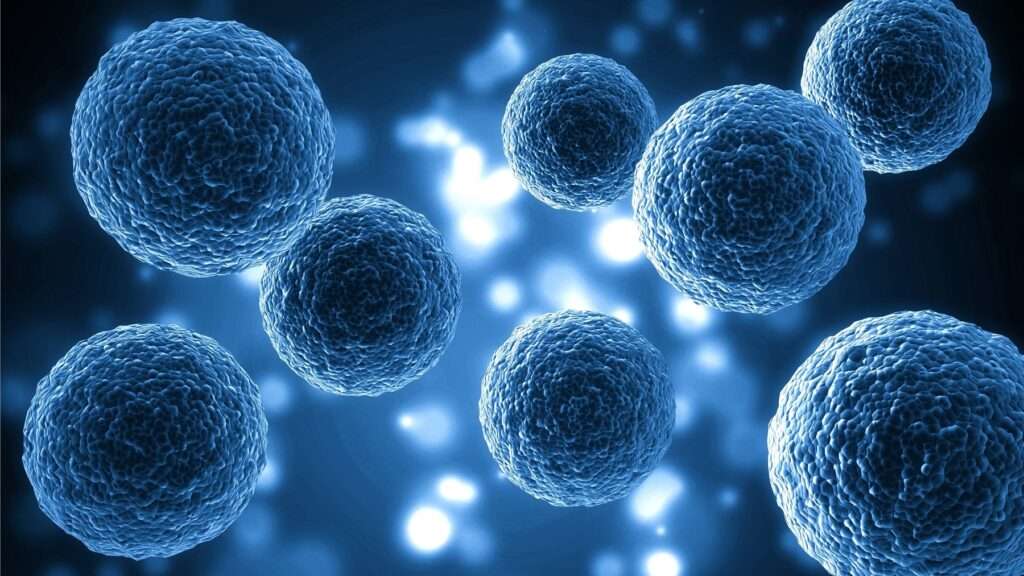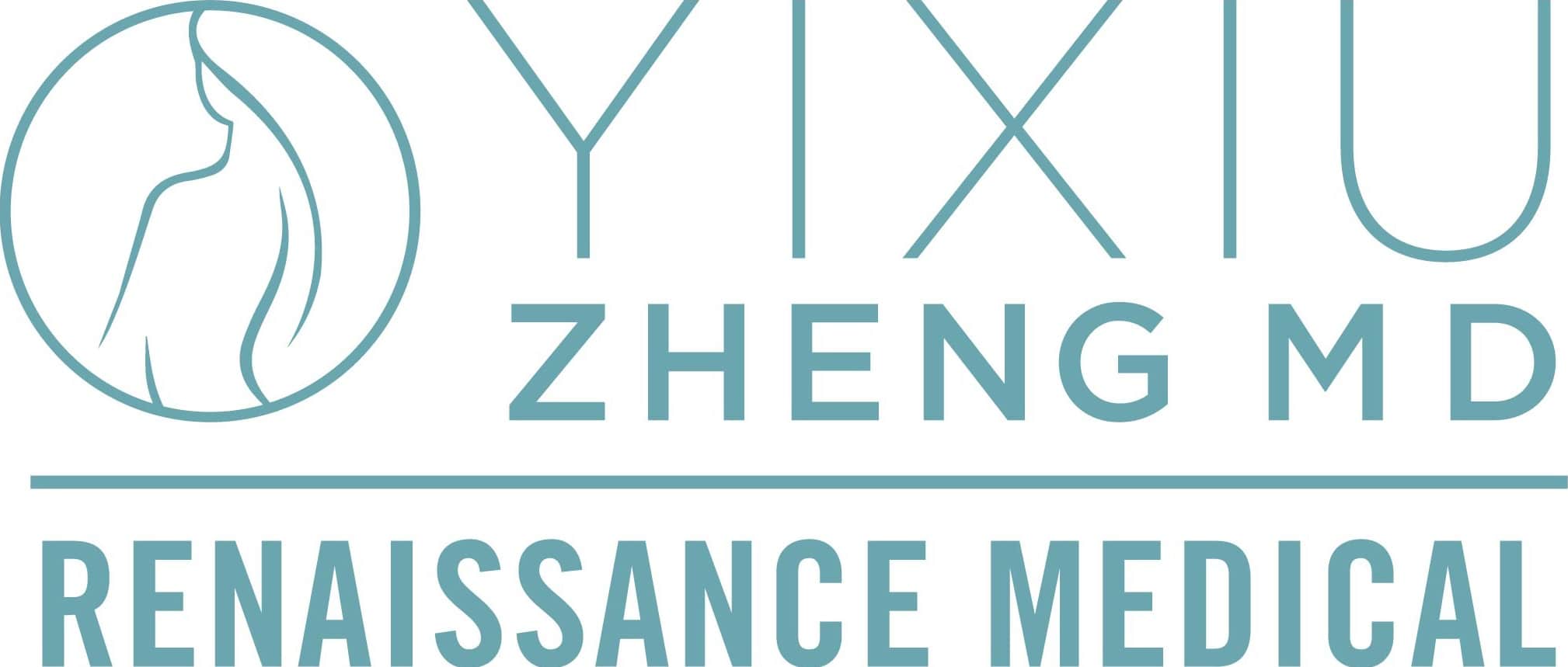The goal is to restore normal function by stimulating the body’s inherent healing processes. This field encompasses a range of innovative approaches, including cellular therapies, tissue engineering, and other advanced techniques.
Key components of regenerative medicine include:
Cellular Therapy
Small Molecules and Biologics

A Variety of Conditions
Regenerative medicine has promising applications in treating a variety of conditions, including orthopedic injuries, cardiovascular diseases, neurodegenerative disorders, and more. It represents a paradigm shift in healthcare, moving beyond traditional approaches that focus solely on managing symptoms toward interventions that seek to restore normal tissue function and improve overall patient outcomes. Ongoing research and advancements in regenerative medicine continue to shape the future of medical treatment and hold great potential for addressing previously untreatable conditions.
What are Stem cells?
Stem cells are undifferentiated cells with the remarkable ability to develop into various specialized cell types. This characteristic makes them valuable in medical applications for replacing or repairing damaged cells and tissues.
Key applications of stem cell therapy:
Orthopedic Injuries
Neurological Disorders
Autoimmune Diseases
Regenerative Dermatology
Key Aspects of Stem Cell Therapy
There are two primary types of Stem Cells. Allogeneic: Stem cells are obtained from a donor, often a compatible family member or unrelated individual. Umbilical Cord Blood: Stem cells from the umbilical cord are collected and stored for future therapeutic use.
There are three main ways of administering Stem Cells. Injections: Directly injecting stem cells into the targeted area. Infusions: Intravenous infusion for systemic effects. Tissue Engineering: Combining stem cells with scaffolds for creating tissue constructs.
Challenges and ethical considerations when considering stem cell medicine include ensuring the safety and efficacy of stem cell therapies and addressing ethical concerns, particularly with embryonic stem cells.


